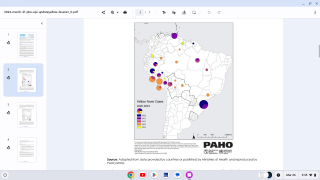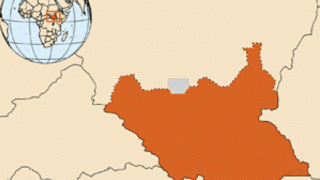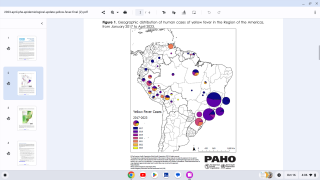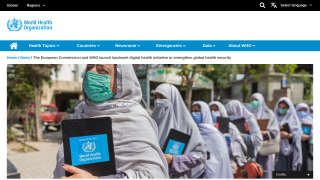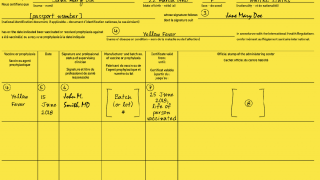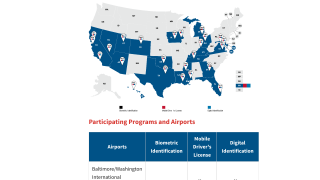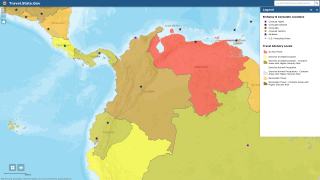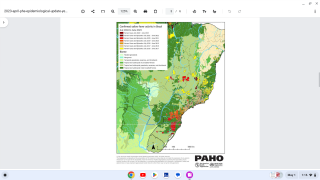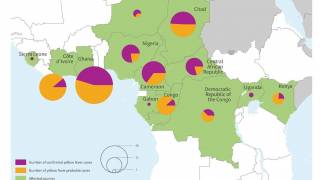Yellow Fever Vaccination Strongly Advised When Visiting Ethiopia
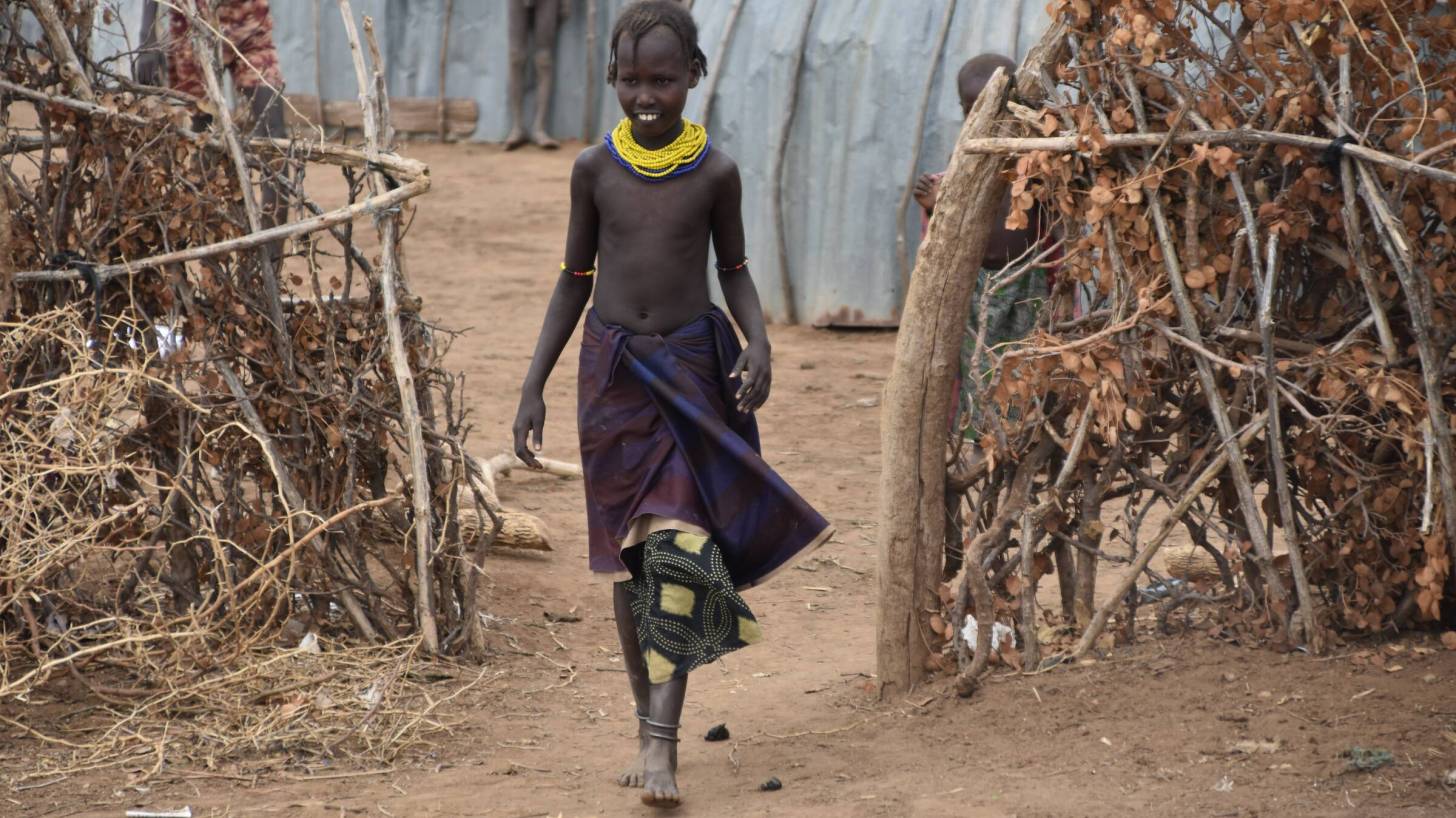
The Ethiopian Public Health Institute has confirmed an outbreak of yellow fever, which began during March 2020.
Unfortunately, the rainy season in Ethiopia is expected to increase the number of mosquitoes that carry this infectious disease in the Southern Nations Nationalities and Peoples Region (SNNPR).
To alert international travelers of their health risks, the US Centers for Disease Control and Prevention (CDC) issued a Level 1 Travel Alert when visiting Ethiopia.
Published on April 23, 2020, the CDC suggests anyone 9 months of age or older who travels to Ethiopia, should get the yellow fever vaccine at least 10 days before travel.
The yellow fever vaccine is the best protection against yellow fever disease, which can be fatal.
For most travelers, one dose of yellow fever vaccine provides long-lasting protection.
However, because of the current outbreak, and the pending rainy season, Ethiopia’s SNNPR is considered a higher risk.
For this reason, if you were vaccinated against yellow fever 10 or more years ago, travelers should talk to your doctor about getting a booster dose of vaccine before visiting Ethiopia, says the CDC.
Stamaril is a live, attenuated yellow fever vaccine that contains the active substance Yellow fever virus 17D-204 strain produced in specified pathogen-free chick embryos. Stamaril has been used in Europe and other countries for decades.
In the USA, the Stamaril vaccine is available at only a limited number of clinics and some clinics may be closed because of the COVID-19 outbreak.
In all situations, the CDC suggests speaking with a healthcare provider if you have questions about the yellow fever vaccine. This is important advice since the yellow fever vaccine is not recommended for some people.
Furthermore, because mosquitoes spread yellow fever (and other diseases), prevent mosquito bites during travel to Ethiopia by using insect repellent, wearing long-sleeved shirts and pants when outdoors, and sleeping in an air-conditioned or well-screened room or under an insecticide-treated bed net.
The symptoms of yellow fever include fever, chills, headache, backache, and muscle aches. Symptoms take 3–6 days to develop after infection. About 15% of people who get yellow fever develop serious illnesses, including bleeding, shock, organ failure, and sometimes death.
If you get sick during or after travel, tell your healthcare provider that you have been in a country with yellow fever.
The CDC updated its Ethiopia travel vaccine recommendation to include Routine vaccines, which include the diphtheria-tetanus-pertussis, varicella, the annual influenza vaccination, Polio, Hepatitis A, and Typhoid.
When departing from the USA, travelers can schedule pre-departure vaccination services and medication counseling appointments with a local pharmacy by visiting Vax-Before-Travel.
Travel Alert news published by Vax-Before-Travel.
Our Trust Standards: Medical Advisory Committee



